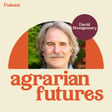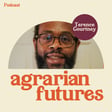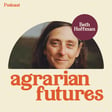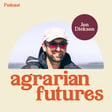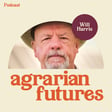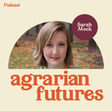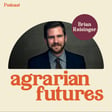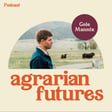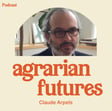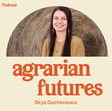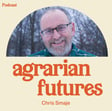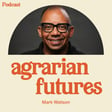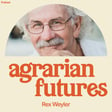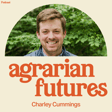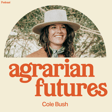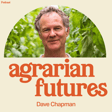
Lessons from Building a 600 Acre Chestnut Business with Russell Wallack
Russell Wallack and team at Breadtree Farms are some of our favorite kind of people - the kind who not only imagine a different future for our communities and our planet, but put in the work to turn that vision into reality.
In this wide-ranging conversation, Russell walks us through the history of the chestnut tree in North America, which once made up over a quarter of all trees in the eastern US, and how they are harnessing its potential as a keystone crop for regenerative farmers once more.
In this episode, we cover:
- The story of Breadtree Farms and its unique position in US agriculture
- The story of the chestnut fungal blight and why chestnut trees basically disappeared in the eastern US
- Re-building the organic chestnut market and the potential for domestic hickory oil
- What goes into transitioning conventional annual crops to chestnut and hickory trees
- Russell’s advice of getting into farming and agroforestry
- The future of funding agroforestry projects in the US
- Why you should reach out to your regenerative heroes
- And much more...
Learn more about Breadtree Farms.
Follow them on Instagram.
More about Russell:
Russell is Breadtree’s founding farmer, but he is just one of 6 full time members of the Breadtree team, and of over 200 people who have helped this young business to plant over 15,000 chestnut and hickory trees across over 220+ acres in New York. After working in utility-scale energy efficiency, Russell made the jump to food systems work and agroforestry in 2014. He believes chestnut trees — an ancient staple food across the temperate world — play an integral role in recreating an agriculture of place; he has dedicated the past 8 years to creating a viable business centered on the growth of a regional industry for this tree crop. He has consulted internationally with multi-billion dollar food supply systems, advised the European Commission on regenerative agriculture policy, and worked with leading regenerative agriculture organizations to impact thousands of acres.
Agrarian Futures is produced by Alexandre Miller, who also wrote our theme song.
